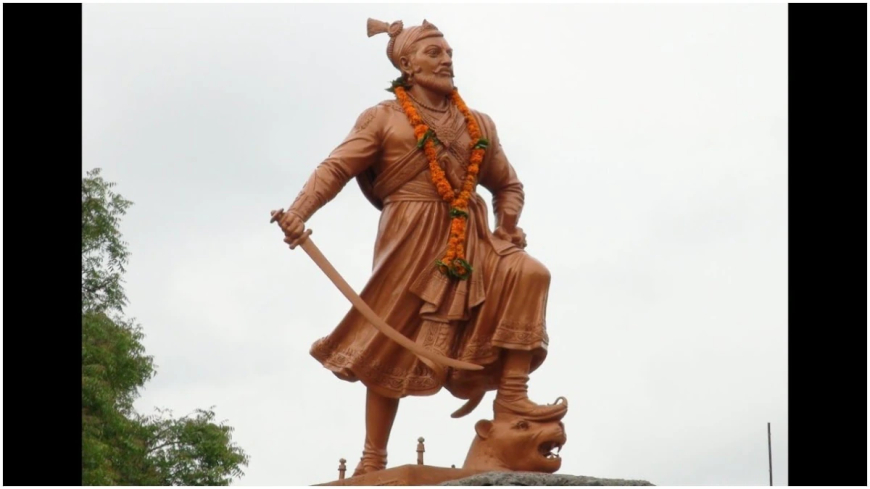Four Wikipedia Editors Booked Over ‘Objectionable’ Content on Sambhaji Maharaj
Four Wikipedia editors have been booked for failing to remove ‘objectionable’ content about Sambhaji Maharaj. The case raises concerns over digital responsibility, historical accuracy, and freedom of information."

In a controversial development, four Wikipedia editors have been booked for allegedly failing to remove ‘objectionable’ content about Chhatrapati Sambhaji Maharaj, the son of the legendary Maratha warrior Chhatrapati Shivaji Maharaj. The issue has sparked a debate over freedom of information, historical narratives, and digital responsibility.
What Led to the Legal Action?
The case reportedly stems from content on Wikipedia, the world’s largest open-source encyclopedia, that certain groups found disrespectful or inaccurate regarding Sambhaji Maharaj. Despite complaints and requests to modify or remove the content, the editors allegedly did not take appropriate action, leading to police intervention.
Who Filed the Complaint?
The complaint was filed by individuals or organizations who deemed the information offensive and historically misleading. The police have registered a case, citing laws related to defamation, hurting religious or cultural sentiments, and digital content regulations.
Wikipedia’s Editorial Process & Challenges
Wikipedia is crowdsourced, meaning volunteers contribute and edit information. However, it has strict guidelines for verifiability, neutrality, and reliable sourcing.
- Editors follow Wikipedia’s policies, but content disputes are common.
- Wikipedia does not have a single authority controlling content but relies on community consensus.
- Historical topics, especially related to iconic figures like Sambhaji Maharaj, often become contentious.
Freedom of Information vs. Legal Boundaries
This incident raises questions:
- Should Wikipedia editors be held legally accountable for content contributed by multiple anonymous users?
- How can a balance be struck between historical facts, public sentiments, and legal frameworks?
- Will such legal actions set a precedent for censorship on global platforms?
Possible Consequences
If the legal proceedings move forward, it could:
- Discourage Wikipedia contributors, especially in politically or historically sensitive topics.
- Influence content moderation on open platforms, leading to stricter policies.
- Trigger a broader debate on digital laws, freedom of speech, and editorial responsibility in India.
The case is currently under investigation. Wikipedia, being a global platform, follows international standards of content moderation, and legal actions against editors may pose challenges in jurisdiction. It remains to be seen how Indian authorities, Wikipedia’s foundation, and digital rights organizations respond to this issue.
The booking of four Wikipedia editors over content related to Sambhaji Maharaj highlights the growing tension between historical interpretation, digital regulations, and free speech. As authorities, Wikipedia, and the public navigate this controversy, it underscores the need for clearer guidelines on digital accountability and historical accuracy.



 Utej
Utej 





